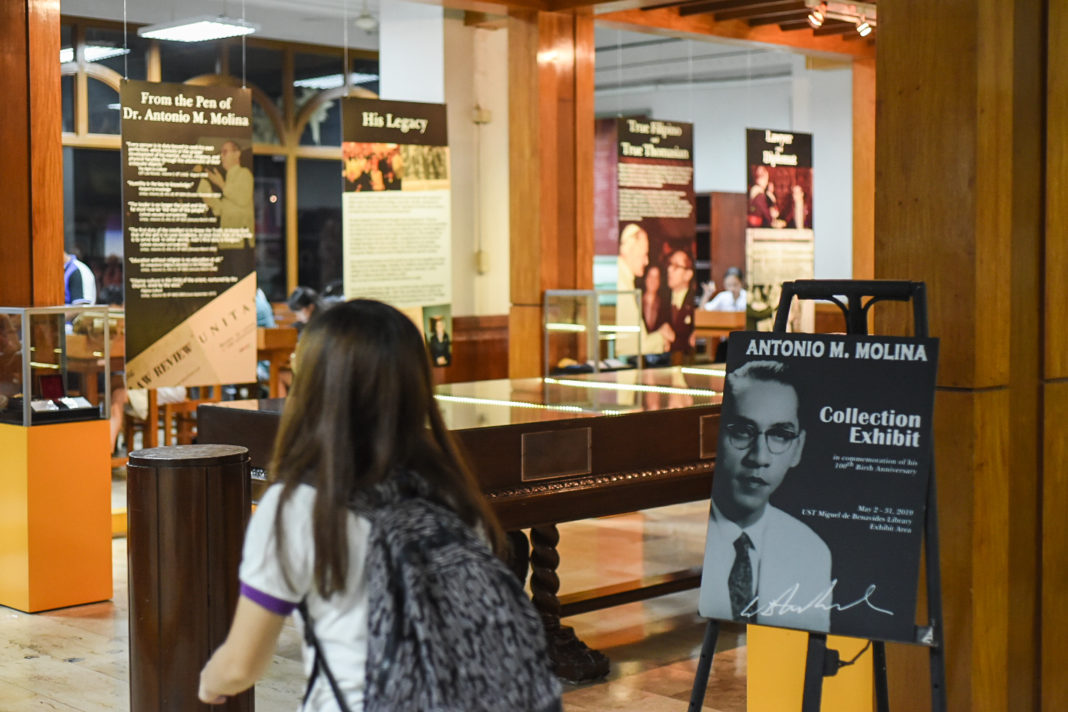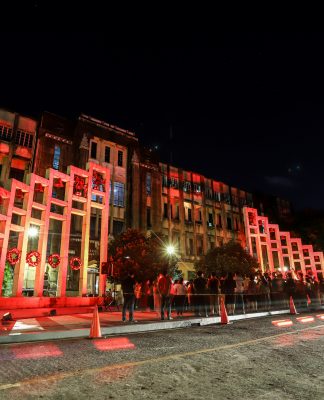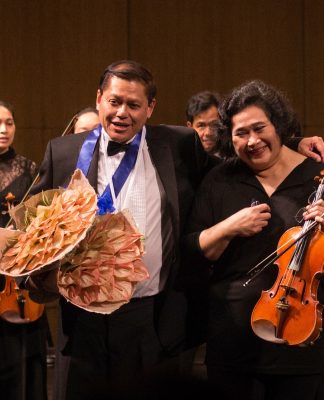THE UST Miguel de Benavides Library received the collection of works and library of the former UST professor Antonio Molina, in commemoration of his 100th birth anniversary last May 2 at the Miguel de Benavides Library Conference Hall.
Molina, who served as acting secretary general of UST from 1968 to 1969, produced countless books and translations of Philippine history and law.
Over 1,000 of his books, which came from Molina family’s collection both in their households in Madrid and in the country, were turned over to the UST Library.
“Something my father would have wanted was to share whatever he read and learned with others,” Molina’s son Chaco said. “It’s like sharing it with the institution we love, and sharing it with the public. It becomes more meaningful.”
“[W]hat is important is that he wrote what he felt. The sincerity that is in his writing is […] unparalleled. He wrote for posterity,” he added.
Molina’s “The Philippines Through the Centuries vol. 1, “Rizal: Man and Hero” and “Yo, Jose Rizal” were put on display at the library.
Along with these books were countless other original works like “Dusk and Dawn in the Philippines” and “Historia de Filipina,” yearbooks, floor plans, articles and a bookshelf full of his personal primary references.
The exhibit also put on display Molina’s awards, such as the Presidential Award of Merit from President Corazon Aquino in 1992, the Knight Commander Medal and the Premio Zobel, a literary award honoring works in Spanish.
Molina, a diplomat, lawyer, educator and historian, earned his law degree at the University in 1940. He obtained his doctorate in law in Spain.
Molina taught Philippine history, civil law, ethics, philosophy and Rizal studies in the University in 1946 before being named dean of Faculty of Civil Law in 1960.
Molina was also Varsitarian‘s publications adviser in 1961.
He became the director of the defunct Institute of History in 1967 before becoming acting secretary general of UST.
He became the vice rector for external affairs in 1968 before migrating to Madrid in 1970.

















